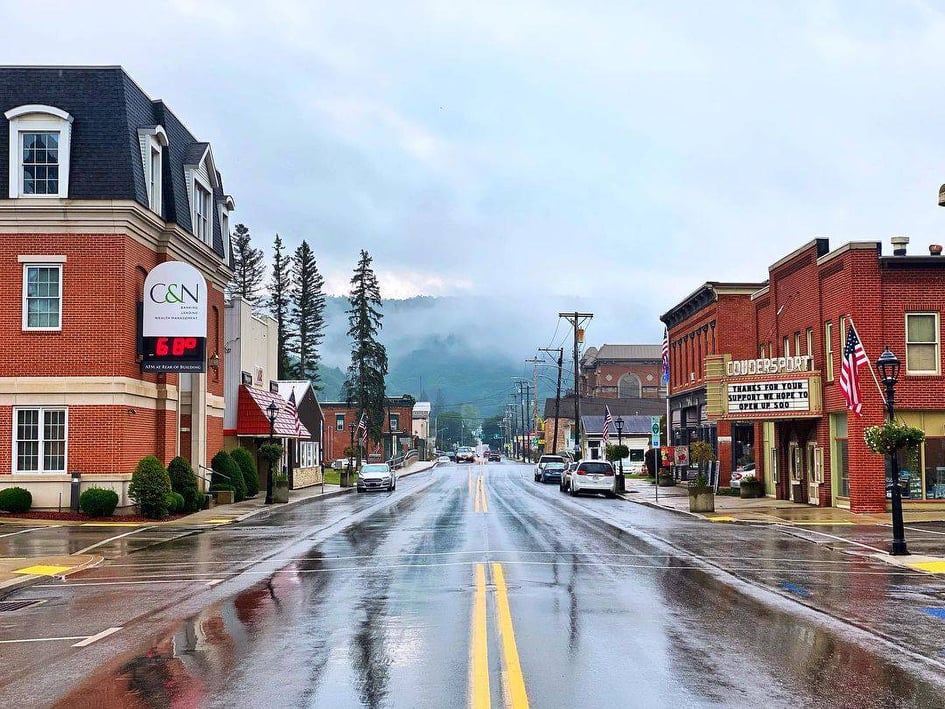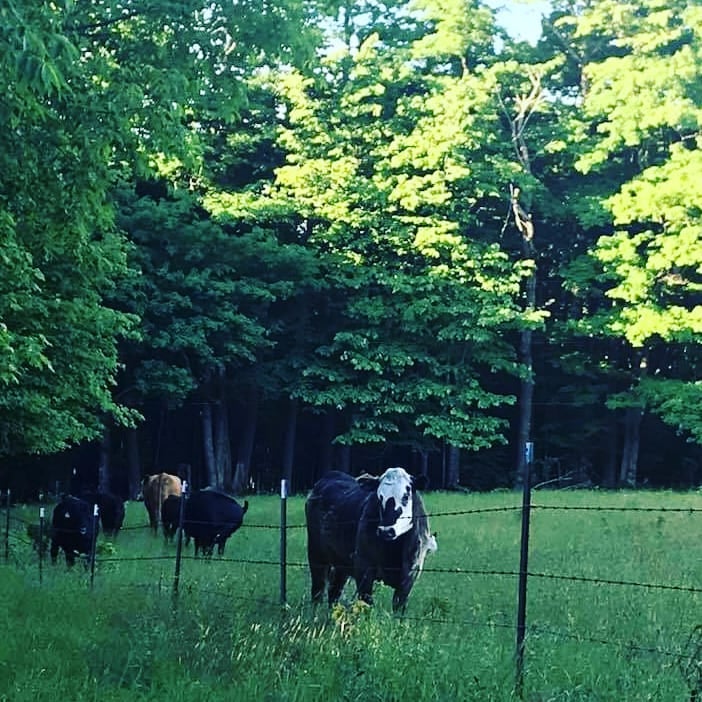North Pennsylvania is well-known for its meandering roads, rolling fields, and vibrant forests. The vast landscape is dotted with the occasional small town, offering resources and gathering places for rural residents.
A cursory glance of the region may lead a traveler to think it is all the same. Close-knit communities built on the lumber industry, connected by a network of two-lane roads. A steady scene of forests and farms where one corn field does not seem to distinguish itself from the next.
Long-term residents know otherwise.
Stretched across McKean and Potter counties are many towns with unique personalities and goals. These rural communities are not defined by the boundaries of a single town. Some encompass multiple boroughs and vast areas of countryside and all have similar characteristics, but they are not the same.
In fact, on average, today’s rural communities differ more from each other than urban areas.
Our communities in north Pennsylvania are also facing a variety of issues. All of these differences between communities means a simple “one size fits all” approach to solving problems will not be effective.
Two major issues are defined by a community’s current phase of growth. Rural communities are either facing:
-
- a phase of decline, such as loss of an industry or farming, resulting in dwindling populations that struggle to support a community; or
-
- a phase of growth, resulting in a need to protect the surrounding environment and preserve the local culture.
 Since each of our communities have unique goals and are facing unique challenges, there is a great need for local leaders to step forward. This need for local community leaders encompasses and surpasses those in elected positions.
Since each of our communities have unique goals and are facing unique challenges, there is a great need for local leaders to step forward. This need for local community leaders encompasses and surpasses those in elected positions.
We need individuals in local organizations and industries who will take action and collaborate with elected officials to identify issues and develop creative solutions. That is just the beginning.
“Positioning a community for a viable future does not mean just solving complex problems and planning for successful social change; it also means aspects such as increasing individual well-being, motivating community members towards developing social capital, and sustaining a community’s unique culture.” (Ricketts)
The future of our rural communities in Northern Pennsylvania relies on the action of local leaders who can work together for the greater good.
